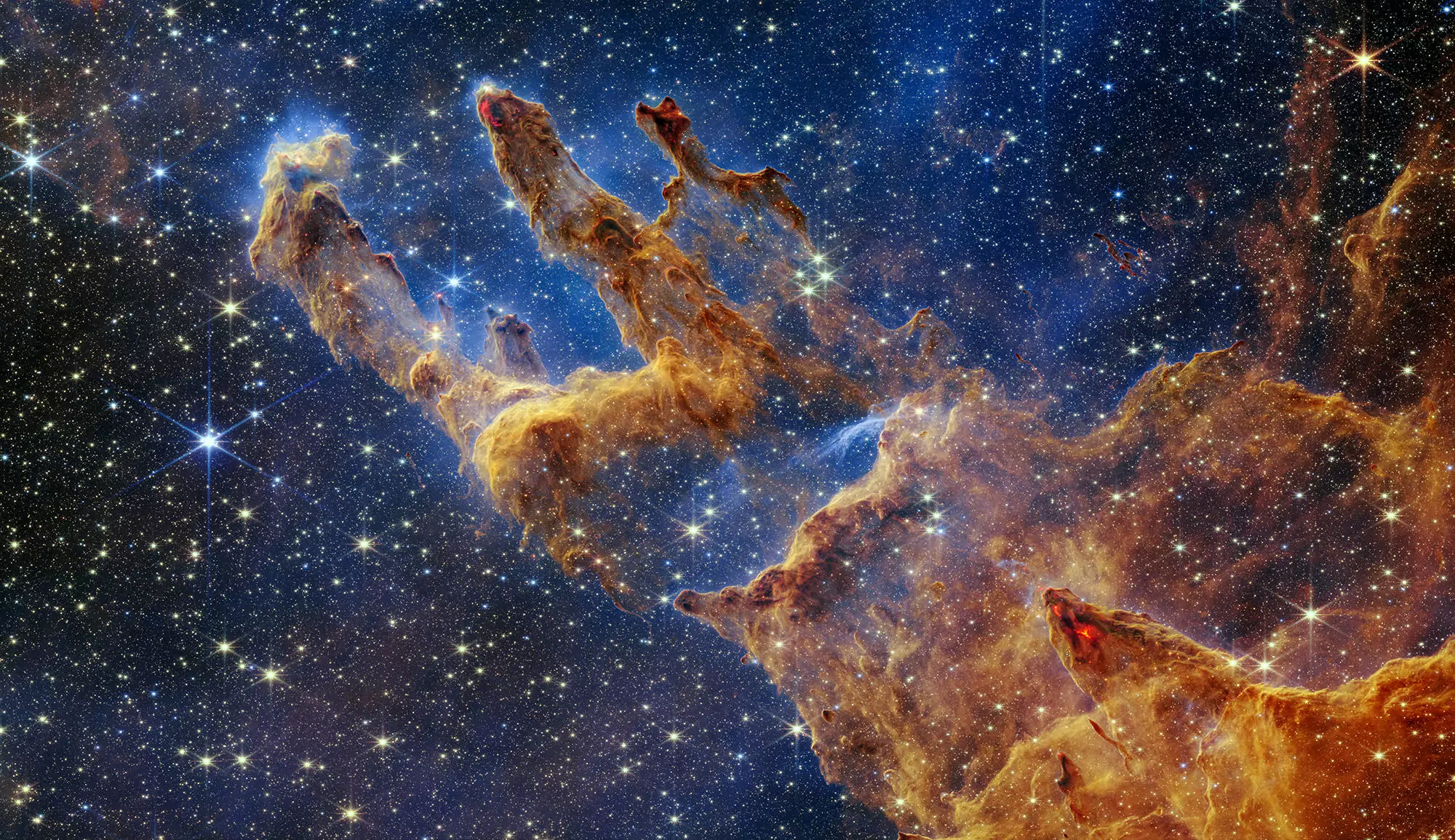There is currently considerable interest in exoplanets, or planets beyond our solar system. Following the discovery of the planet 51 Peg b in 1995, we now know that the planets of our solar system are no exception.
The encyclopaedia of extrasolar planets, carefully maintained since 1995 by Jean Schneider, astronomer at the Paris Observatory, member of the Laboratoire Univers et Théories (LUTH), and recently assisted by Luca Maltagliati, listed 2000 exoplanets on November 23rd 2015.
Note however that this number is imprecise, since a certain number of planets are not completely confirmed.
Kept up to date by about ten scientists and programmers under the leadership of Françoise Roques from the Laboratoire d’études spatiales et d’instrumentation en astrophysique (LESIA)and of Pierre Le Sidaner (Virtual Observatory) this encyclopaedia is not just a compendium of extremely diverse objects, with diverse masses, orbital periods and even compositions, but also constitutes a means to do statistical and other analyses of these objects.
At present, hundreds of these objects are discovered every year.

Initially, the discoveries concerned essentially gas giants like Jupiter and Saturn, unlikely to harbour life, but with technical progress most of the newly discovered planets are small rocky bodies, which could well be like our good old Earth.
We have even found planets which float freely in space, with no parent star.
To know the exact current state of extra-solar planetary research, see : http://exoplanet.eu/, which constitutes for this subject one of the most popular web sites in the world.
Article "La bible des exoplanètes", La recherche, octobre 2014 p. 49
